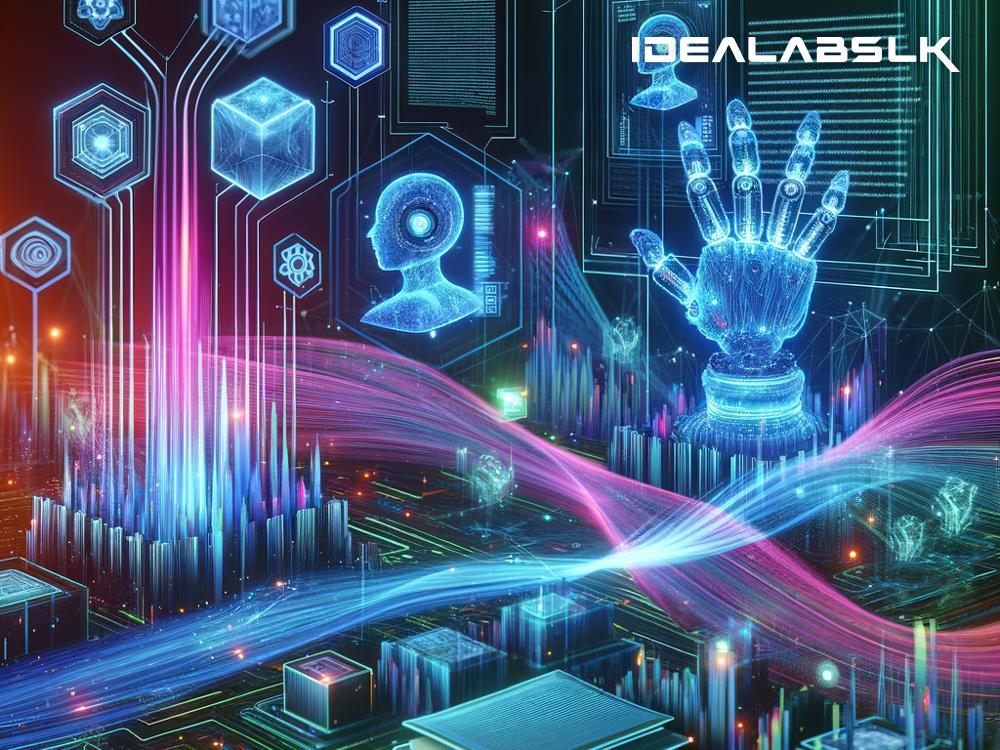The Role of AI in the Future of Automated Compliance
In today's rapidly evolving business world, being compliant with laws and regulations is more important than ever. But, as these rules become increasingly complex, companies are finding it hard to keep up. This is where Artificial Intelligence (AI) comes into play, especially in the field of automated compliance. Simply put, automated compliance is using technology to ensure that companies follow all the necessary laws and regulations. Let's dive deeper into how AI is shaping the future of this area, making life easier for businesses around the globe.
Understanding AI in Simple Terms
Before we get into the nitty-gritty, let's break down what AI actually is. Imagine teaching a computer to think and learn like a human. This involves giving the computer access to a vast amount of information and letting it learn from it, make decisions, and even predict future outcomes based on patterns. AI can process information much faster than humans and doesn't get tired or make errors due to fatigue. This capability is precisely why AI is a game-changer in compliance.
Why Automated Compliance?
Imagine trying to keep track of all the rules and regulations manually. It’s not just daunting but nearly impossible, given how frequently laws can change and the sheer volume of data companies handle. Automated compliance tools can monitor regulations in real-time, help businesses understand what's relevant to them, and ensure they're always on the right side of the law.
The Role of AI in Automated Compliance
So, how exactly does AI fit into the automated compliance puzzle? Let’s explore some of the key areas:
-
Risk Assessment: AI can sift through vast amounts of data to identify potential compliance risks. For instance, it can pinpoint transactions that might seem out of the ordinary and require further investigation. This predictive capability allows companies to address issues before they escalate into bigger problems.
-
Keeping Up with Regulations: Laws and regulations are constantly changing. AI systems can scan through legal updates in real-time, ensuring that businesses are always caught up with the latest requirements. This is far more efficient than having a team of people manually track changes.
-
Automating Compliance Tasks: Many compliance tasks are repetitive and time-consuming. AI can automate these processes, from monitoring transactions for suspicious activity to ensuring that employee training is up-to-date. This not only saves time but also reduces the chances of human error.
-
Data Analysis: AI can analyze data in ways humans can’t. It can uncover patterns and insights that would be near impossible for a person to detect, offering companies a deeper understanding of their compliance status and where they might improve.
-
Personalized Compliance Programs: Not all regulations are relevant to every company. AI can help tailor compliance programs that fit a business’s specific needs, focusing efforts where they are most needed and offering a more efficient approach to compliance.
The Future of Automated Compliance
As AI technology continues to advance, its role in automated compliance will only grow. We're likely to see even more sophisticated AI tools that can predict regulatory changes, offer personalized risk management advice, and further streamline compliance processes. This future is not only about making compliance easier but also about making it more proactive rather than reactive. Companies will be able to anticipate compliance needs and address them before they become issues.
The Human Element
While AI can handle a significant portion of the workload, it's important to remember the value of human oversight. People bring judgment, ethics, and a level of decision-making that AI currently cannot replicate. The future of automated compliance will be a partnership between humans and machines, leveraging the strengths of each to create a more compliant and efficient world.
Wrapping Up
Automated compliance, powered by AI, is set to revolutionize how businesses operate. It offers a path to staying compliant with less effort, reducing risks, and emphasizing a company’s integrity. As we move forward, embracing AI in compliance will not be just an option but a necessity for businesses aiming to thrive in an increasingly regulated world. With AI's help, companies can navigate the complex landscape of rules and regulations, allowing them to focus more on innovation and growth while leaving the compliance heavy-lifting to their intelligent automated partners.

